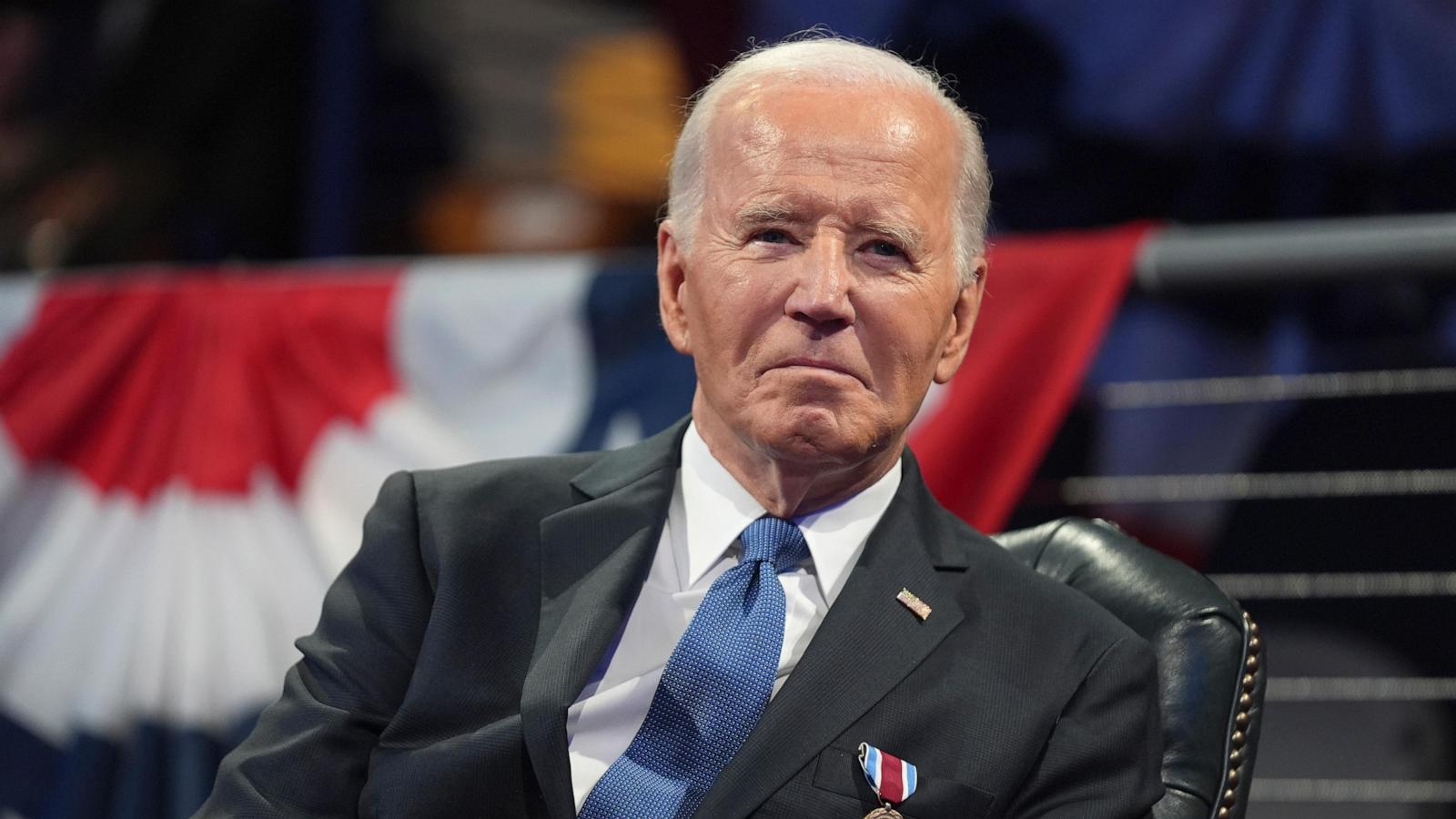Medicare Negotiation of Prescription Drug Prices: Ozempic, Wegovy, and More
Are you tired of sky-high prescription drug prices? You're not alone! Millions of Americans struggle to afford the medications they need, but there's exciting news. The Biden administration just announced a game-changing plan to directly negotiate prescription drug prices with manufacturers, resulting in lower costs for Medicare beneficiaries. This historic move has sent ripples of excitement through the healthcare world, promising relief for those burdened by expensive prescriptions, and potentially lowering costs for everyone. Buckle up as we dive into this revolutionary change and explore its potential impact.
Ozempic and Wegovy: The Weight Loss Drugs at the Center of the Storm
Two of the most popular and talked about drugs included in the Medicare price negotiation program are Ozempic and Wegovy, both weight loss medications making waves in the medical and media community. Their inclusion in this landmark policy signifies the government's commitment to tackling the problem of high prescription drug prices head-on, ensuring fair access to these potentially life-changing drugs for a wide range of individuals. While both offer weight-loss benefits, they function somewhat differently and address the complex challenges associated with obesity and metabolic health. This inclusion of popular, expensive drugs sets the stage for significant changes in how medication is procured in the future.
How the Price Negotiation Process Works
This program isn't simply about slashing drug prices – it is a comprehensive negotiation that will carefully evaluate the price, considering the drug's overall effectiveness. By introducing price competition directly to this highly profitable field, the new plan sets an example and should positively impact the financial burden on patients and taxpayers alike. This proactive step by the government could create ripples that affect the broader healthcare landscape by improving accessibility and reducing the costs of medications.
How These Negotiations Impact Patients
The effects of this are far-reaching and wide-ranging for patients. Imagine: seniors and other Medicare beneficiaries can access expensive treatments without experiencing immense financial hardships. A new world where drug pricing considerations no longer stand between someone and necessary medications. Fewer instances of skipped medication doses, better access to medication and greater healthcare for all.
Beyond Weight Loss: Other Drugs Included in Medicare Negotiations
The negotiation list isn't solely focused on weight loss medications. Other high-cost drugs crucial to healthcare will also receive this vital price adjustment, ensuring that more than just obesity treatments benefit. Medications like Trelegy Ellipta for asthma, Otezla for psoriatic arthritis, and multiple cancer treatments are also included. This demonstrates a wide commitment to ensuring access to affordable medication regardless of patient circumstances or health situation.
The Broader Implications for Healthcare
The sheer scale of the inclusion, encompassing a broad spectrum of medical needs, highlights a strategic decision to address broader drug accessibility problems. Many expensive medications now within reach to those who previously couldn't afford them. What a potential benefit for a country looking to streamline and modernize its overall healthcare structure.
Expanding Medicare Coverage and Patient Affordability
This proactive step has potential implications for the healthcare of all American citizens. The change creates a more affordable access to life-altering medicines. Fewer Americans needing to choose between their medicines and necessities. This change, combined with continued efforts to expand and update Medicare, could mark a significant transformation for healthcare in the U.S.
The Impact on Drug Manufacturers and the Pharmaceutical Industry
This isn't just beneficial to the patients and taxpayers – even if it appears so at first glance. It also encourages pharmaceutical companies to innovate and increase their production. Competition among themselves leads to lower prices overall for everybody involved. As competition increases, efficiency will inevitably follow – all with positive repercussions in the future.
Fostering Innovation While Lowering Costs
The goal isn't to stifle pharmaceutical innovation. By incentivizing them to focus on creating truly impactful and innovative drugs, without the high cost of prior production models, this creates a more sustainable market. Overall this strategy promises better healthcare while creating a more sustainable industry overall. A win-win for patients and corporations alike.
Take Away Points
- The Medicare negotiation program aims to significantly lower the costs of prescription drugs, affecting millions of Americans.
- The inclusion of popular weight-loss drugs like Ozempic and Wegovy underscores the program’s broad scope.
- Negotiations cover a range of conditions, including asthma, arthritis, and cancer, ensuring wider access to essential medications.
- While some concerns remain regarding drug development and market dynamics, the initiative opens an essential discussion regarding drug pricing models and healthcare affordability in the U.S.




